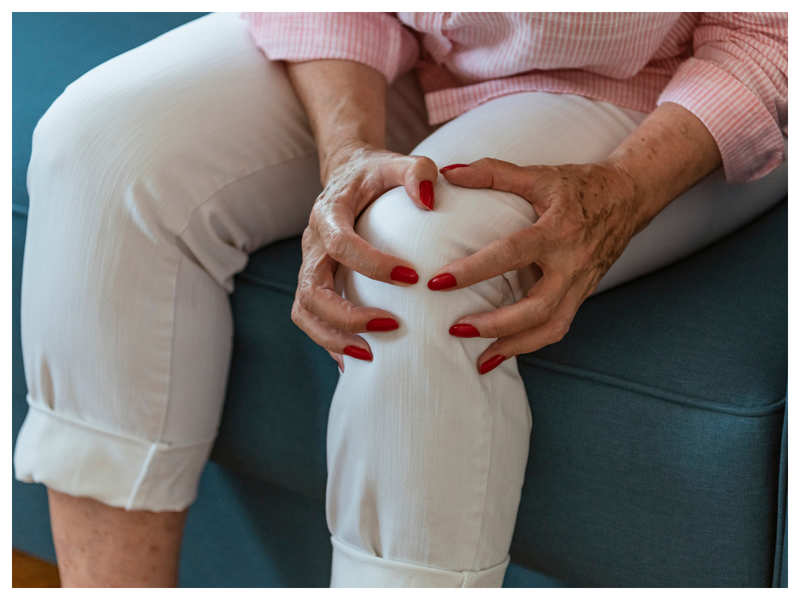
Jan 30: The BA.2 sub-variant of Omicron is 1.5 more infectious than the current dominant strain in the UK, scientist have claimed.
The strain has already become dominant in Denmark and the country’s top infectious disease authority, Statens Serum Institut (SSI), said preliminary calculations suggest BA.2 could be 1.5 times more infectious than its predecessor BA.1 — which currently makes up most of the cases in Britain.
However, an initial analysis by the institute showed no difference in the risk of hospitalisation for BA.2 compared to BA.1.
‘There is some indication that it is more contagious, especially for the unvaccinated, but that it can also infect people who have been vaccinated to a greater extent,’ SSI’s technical director Tyra Grove Krause said at a briefing.
The variant is now circulating in more than half of US states, with at least 127 known cases nationwide, the Centers for Disease Control and Protection (CDC) revealed yesterday.
A report by the UK Health Security Agency (UKHSA) found the strain accounted for 3.4 per cent of England’s new infections by January 16 — and it is doubling every week. The growth advantage of the new variant is ‘substantial’, the health agency claimed.
Scientists believe it may have evolved to be slightly more transmissible than the ancestral strain of Omicron and could slowly become the UK’s dominant Covid virus. It is already outcompeting its parent variant in Denmark but the country’s Government deemed the strain such a non-threat it this week announced it was ending all Covid restrictions.
And Professor Paul Hunter, an epidemiologist at the University of East Anglia, told MailOnline there was no reason to panic about BA.2. He said it was not causing a ‘substantial difference to our current threat estimates’.
Last week BA.2 was designated a variant under investigation and on Friday UKHSA said that as of January 24 there had been 1,072 confirmed cases identified in England.
The agency said that BA.2 had an increased growth rate compared to BA.1 in all regions of England where there were enough cases to assess it.
It added that while growth rates can be overestimated in early analyses of a new variant, ‘the apparent growth advantage is currently substantial’.
Contact tracing analysis suggests that between December 27 and January 11 transmission was likely to be higher among contacts of BA.2 cases in households at 13.4 per cent, than those for contacts of other Omicron cases (10.3 per cent).
But the agency warned that the findings should be interpreted with caution as early findings can change quickly when new variants are identified.
A preliminary assessment found no evidence that vaccines would be any less effective against symptomatic disease for BA.2.
There is currently no data on the severity of the strain.
Dr Susan Hopkins, chief medical adviser for UKHSA, said: ‘We now know that BA.2 has an increased growth rate which can be seen in all regions in England.
‘We have also learnt that BA.2 has a slightly higher secondary attack rate than BA.1 in households.
‘Although hospitalisations and deaths remain low, cases are still high in some areas and some age groups so it’s important that we continue to act cautiously as restrictions are lifted.
‘Consider wearing a face covering when in crowded places. Take a vaccine to protect yourself against Covid-19. If you have any symptoms, take a test.’
UKHSA also published analyses related to the original Omicron strain BA.1.
Where variant information was available, the majority of intensive care unit (ICU) admissions from November 24 last year to January 19 were for Delta.
The data further suggested that overall numbers of ICU admissions have decreased over time, but where Omicron admissions data was available, they increased from 9% to more than 50% in the most recent week.
According to UKHSA, while there was a rapid increase in infections in care homes during December, there has not been an associated increase in hospital admissions.
UKHSA said the findings suggest the current wave of Omicron infections is unlikely to lead to a major surge in severe disease in care home populations with high levels of vaccine coverage and/or natural immunity.
The numbers of BA.2 in this study were limited and no inferences can be made regarding the strain, it added.
Jonathan Ball, professor of molecular virology, University of Nottingham, said: ‘It’s still early days, but the evidence so far suggests that BA.2 may be more transmissible than its close relative Omicron.
‘However, the key issues are whether this variant is associated with more severe disease and if it can escape immunity delivered by vaccines.
‘Early indicators suggest that the vaccines will provide similar levels of protection as we have seen for Omicron, so this is good news.
‘Whether or not it causes more severe disease will become apparent as more data is collected.’






